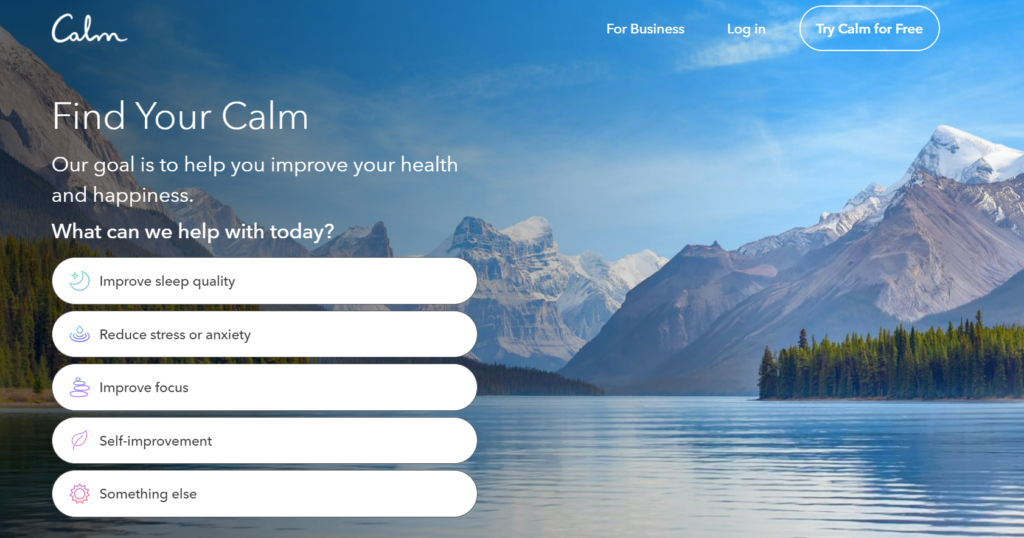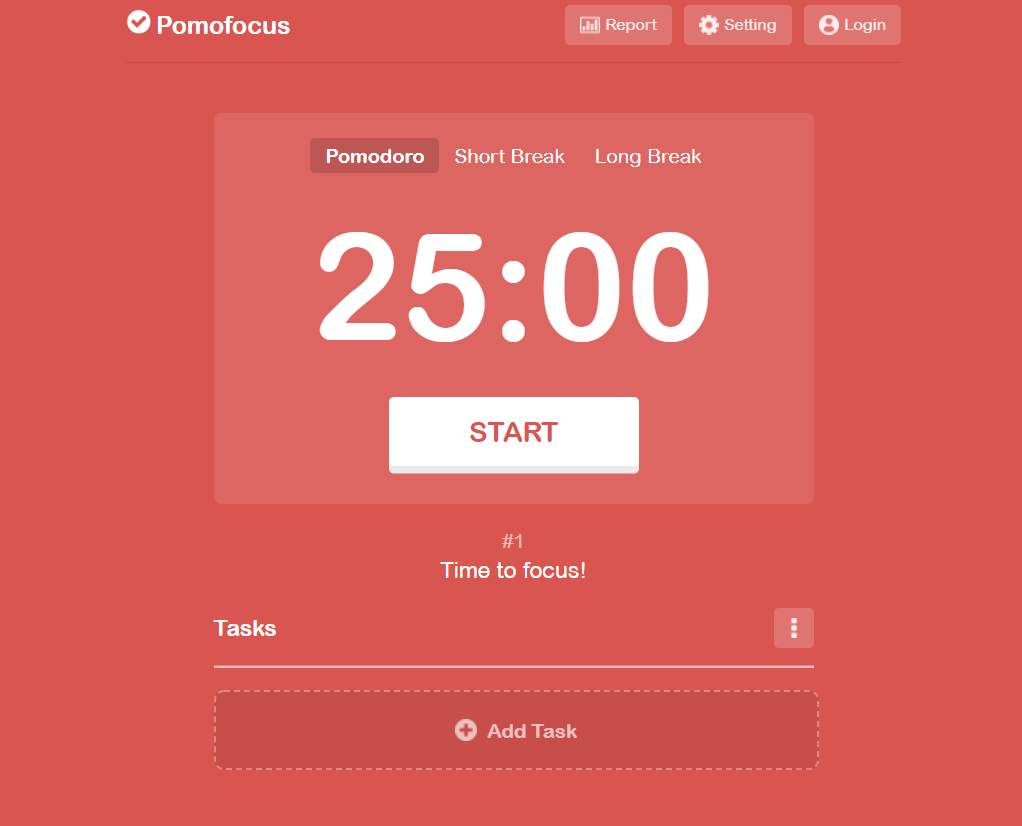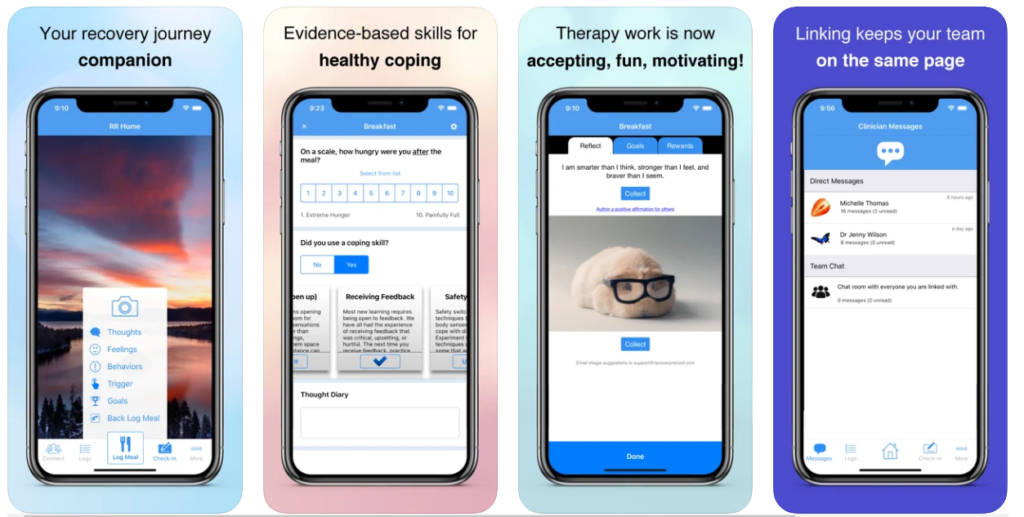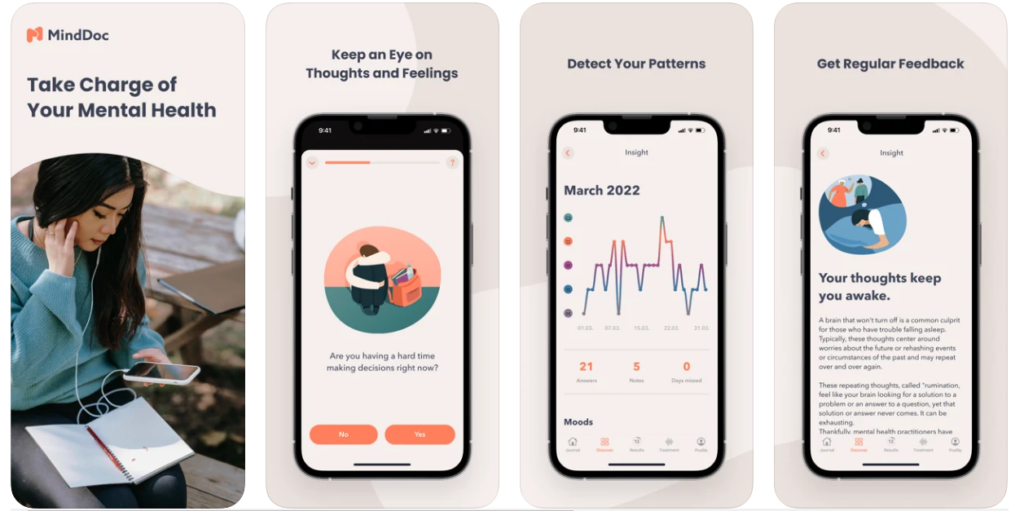
Attending college is exciting, but it comes with many challenges. If you are a student, you are probably fighting several battles at once, trying to keep up with the workload, meeting deadlines, and managing your budget. Add the pandemic to the equation. In the midst of it all, you’re also trying hard to network and socialize. It may not sound like much, but all these extra challenges can impact your mental health. And they do—numerous studies prove that there are plenty of reasons to be more worried about the mental health of college students than ever before.
Anxiety, depression, panic attacks, eating disorders, alcohol dependence, and other mental illnesses have always been a problem, but in recent years, there has been a steady rise in such cases among students. Among other factors that make students feel on edge are the pressure of the financial burden, the negative influence of social media, and a tendency to be externally motivated for success (and determination to achieve it at all costs), to name a few.
For students with additional challenges, such as ADHD, learning how to study with ADHD can make a significant difference in managing the workload and maintaining focus despite these pressures.
In other words, being a student and staying sane nowadays is a real challenge.
Student Mental Health and COVID-19
While the mental health struggle had always been there, the emotional distress was aggravated by the COVID-19 pandemic, and according to the most recent study, “9 out of 10 college students say campuses face a full-blown mental health crisis.”
The past two years have especially taken a toll on students’ mental health. Students had to face the transition from in-person classes to online ones and back again. First, they had to adjust to isolation; later, they had to adjust to society and the necessity to re-establish their routine—again. Many young people are still feeling burdened; it’s all about pulling out all coping mechanisms to stay emotionally balanced and healthy.
Therefore, colleges and universities are constantly seeking ways to help students cope with their problems and take care of their mental health. Each educational institution puts forth its best efforts to rethink emotional support and provide as many options as possible.
Tips for Student Mental Health
While the situation is pretty bad, the good news is that more and more young people choose to seek professional help these days. However, taking care of yourself first is also important. Therefore, before you roll your eyes and think, “Not again! I’ve read it a hundred times already!” we urge you to read and follow the five tips we’ve listed below. After all, everything good is simple.
1. Get Good Night’s Sleep
We understand that being a student isn’t compatible with healthy sleep. However, we urge you to make an effort and establish a healthy sleeping schedule and stick to it. When you are stressed, sleep is what helps you recuperate and keeps your depression and anxiety at bay. Most people need seven or eight hours of sleep, and you probably do, too. Even if you are ok with six, staying up all night every night is fraught with consequences. At some point, you either collapse or may not be able to go to sleep at all. In the morning, you’ll be tired and overwhelmed.
Calm

If that’s already the case, we have a recommendation for you. It’s an app. First, Calm asks you a few questions regarding your overall sleeping situation and goals. Then it offers a choice of auditory experiences aimed at improving your sleep. You can choose to listen to the sounds of nature, relaxing music, or a bedside story to fall asleep fast every night. Alternatively, you can turn on a guided meditation or a breathing exercise. It is generally very supportive and helps you promote relaxation and mindfulness. Its free version is limited; however, it’s enough to understand whether it works for you to upgrade to a paid membership (or not).
2. Avoid Burnout
Easier said than done, huh? Nonetheless, we can’t stress this point enough. Workload will always be immense. But when you feel that you can’t cope with the tiniest tasks, you are already burned out; it’s time to seek help. Yet, taking a cold-hearted rational approach to your studies prevents you from overworking and burning out fast. Getting things done gradually, setting milestones, and making time to evaluate your results and success has helped other people. It can help you, too.
Here is an example of how Yana Savitsky (a student, just like you) came from feeling overwhelmed, unproductive, and stressed out to the point when she’s in control of her time and efforts. She used a well-known Pomodoro technique (you can use the timer on your watch or any online app—there are plenty of options) to manage her studies, and it worked great for her. Maybe, it will work for you as well.

We encourage you to watch her TED talk; it is very sincere and makes you want to try the method right away!
3. Create Good Habits
We may sound cliche here, but good habits have great power. Our mental health is closely connected with our physical health, and having a few good habits helps us stay physically fit and mentally sane. The quality of our sleep, the food we eat, our exercise, our self-care habits, etc.—all these things make a difference in the way we feel both on physical and mental levels.
The pandemic has also taught us a great deal about the importance of having a few good habits and sticking to them no matter what. After all, creating a good habit surrounding your sleep is a key to staying refreshed, alert, and well-rested instead of tired, depressed, and exhausted. Regular exercising (e.g., jogging, going to the gym, or simply taking a walk around a local park) is another healthy routine that helps stay afloat in any situation.
Taking care of your nutrition is also essential. We know it’s hard to be a student and eat healthy. Many students start with bad eating habits, which later develop into eating disorders. Creating a good habit around nutrition is hard; however, it’s worth the effort.
RR: Eating Disorder Management

If you have eating, weight, and shape concerns or are recovering from an eating disorder, we have a motivational app to recommend: RR: Eating Disorder Management. It is based on self-monitoring and co-management, offers daily backgrounds and motivational rewards, and allows you to set your goals and choose the most suitable coping tools. We sincerely hope you try the app even if you don’t have an eating disorder but have a complicated relationship with food and use it to deal with emotional challenges. According to user feedback, it is effective because it’s less like a calorie-counting app and more like a personal journal that inspires and encourages you along the way.
4. Don’t Create Bad Habits
Choosing smoking, drinking, binge eating, or even addiction to other substances may seem an easy way out when you are stressed and depressed. And you know it all well yourselves, yet, we feel obliged to mention it once again: if you are already dealing with serious emotional life challenges, getting a bad habit or an unhealthy addiction will only make everything worse. Please don’t go looking for solace in drinking or drugs; talk to someone.
MindDoc

You can start small: try MindDoc first. It’s a psychologist-designed app that you can use for self-help. You can track your daily moods, overall emotional well-being, symptoms, and behavioral patterns, use mental health resources (courses and exercises) to get some immediate aid, and understand that you probably need professional help.
5. Talk to a Counselor and Get Help
It may not be an easy step, but at some point, you may feel that you can’t cope alone any longer. We urge you to seek help; don’t be afraid to share your feelings and show vulnerability. Connect with people even if you find it difficult; try to open up to someone. We also know that counseling has been unpopular and even stigmatized for years; however, things get changed, and more and more students now see how beneficial it can be. One of the studies reveals that “94% of students say that they wouldn’t judge someone for seeking out help for mental health.” Therefore, we strongly recommend counseling, as you’ll have time to talk about your feelings and challenges, and it can make all the difference.
First of all, we recommend checking your college or university Mental Health Services page to learn about crisis text lines, campus counseling centers, and other services offered. Alternatively, if you prefer more anonymity, you can find help at one of the organizations in this list of resources for mental health.
Encouraging TED Talks on Mental Health
To support and encourage you, we’ve compiled a list of some of the TED talks about mental health. We find these talks really inspirational and hope that they may help if you are stuck at the moment.
Mental Health for College Students: Learning to Speak Up! | TEDxStevensInstituteofTechnology
This talk shares the idea that if we shift from being passive bystanders to becoming active ones, we can help more students. If we refocus our lens, we can save someone we pass every day on campus by interfering just a little—at least by asking if they are ok. College students’ mental health has worsened since the beginning of the pandemic, and this talk encourages all of us to be more considerate about each other.
Why Students Should Have Mental Health Days | TEDxSalem
We’ve selected the TED talk because we think that having mental health days for students (and for everyone for that matter) is a really great idea. Just like some of us can take a sick day at work once in a while because we don’t feel physically well and are unfit to work productively, why don’t we practice mental health days to have time to practice emotional hygiene and take care of our mental health? Listen to how it worked for Hailey Hardcastle, and maybe you will find her suggestion work for you as well. Perhaps, you can advocate for such days in your college, too.
Why We All Need to Practice Emotional First Aid | TEDxLinnaeusUniversity
Physical pain is understandable. If something hurts, the course of action is clear: we get medical help. However, we rarely do the same when we experience emotional pain, feel lonely, or are depressed. We endure, and we also tend to get fixated on these negative emotions a lot. As a result, we heal longer, get stressed more, and our physical health deteriorates as well. Listen to Guy Winch talking about our poor emotional hygiene and the need to prioritize our psychological health and pay more attention to how we feel.
The Secret of Becoming Mentally Strong | Amy Morin | TEDxOcala
Listen to Amy Morin sharing her story and vision of how bad mental habits and destructive beliefs deprive us of strength and sometimes even ruin our lives. Unhealthy beliefs about ourselves, others, and the world can get us nowhere; they only hold us back and keep us stuck. Here is her inspiring story and her advice on why it’s crucial to give those unhealthy beliefs up and why we should take better care of our mental health.
How to Make Stress Your Friend
The last talk on our list (but not the least) is about stress. We all tend to find stress as a negative experience that makes us utterly uncomfortable in every possible way. However, Kelly McGonigal suggests that we see stress in a positive light and explains how it helps us reach out to others. Not only does she find stress manageable, but she also sees a lot of potential in it. What she says is very relatable to college, where every student knows what it means to be constantly stressed.
Final Thoughts
While educational institutions seek ways to provide better mental health support to college students, we at BookScouter, urge you to take good care of yourself. There is nothing wrong with seeking help if you are in emotional pain, and it’s never too late to start developing good habits. We also encourage you to be attentive to people and to learn how to express gratitude to those around you; perhaps someone next to you needs a hand or kind words at this moment.




